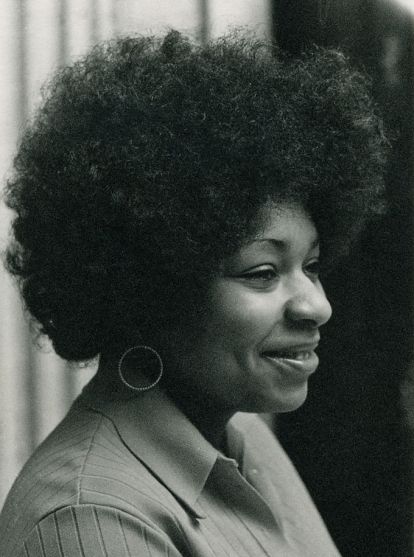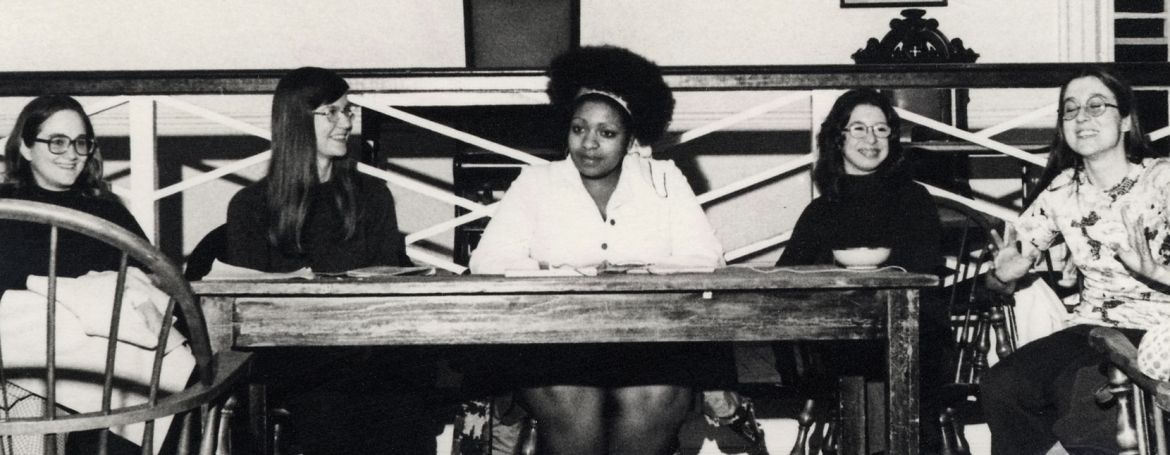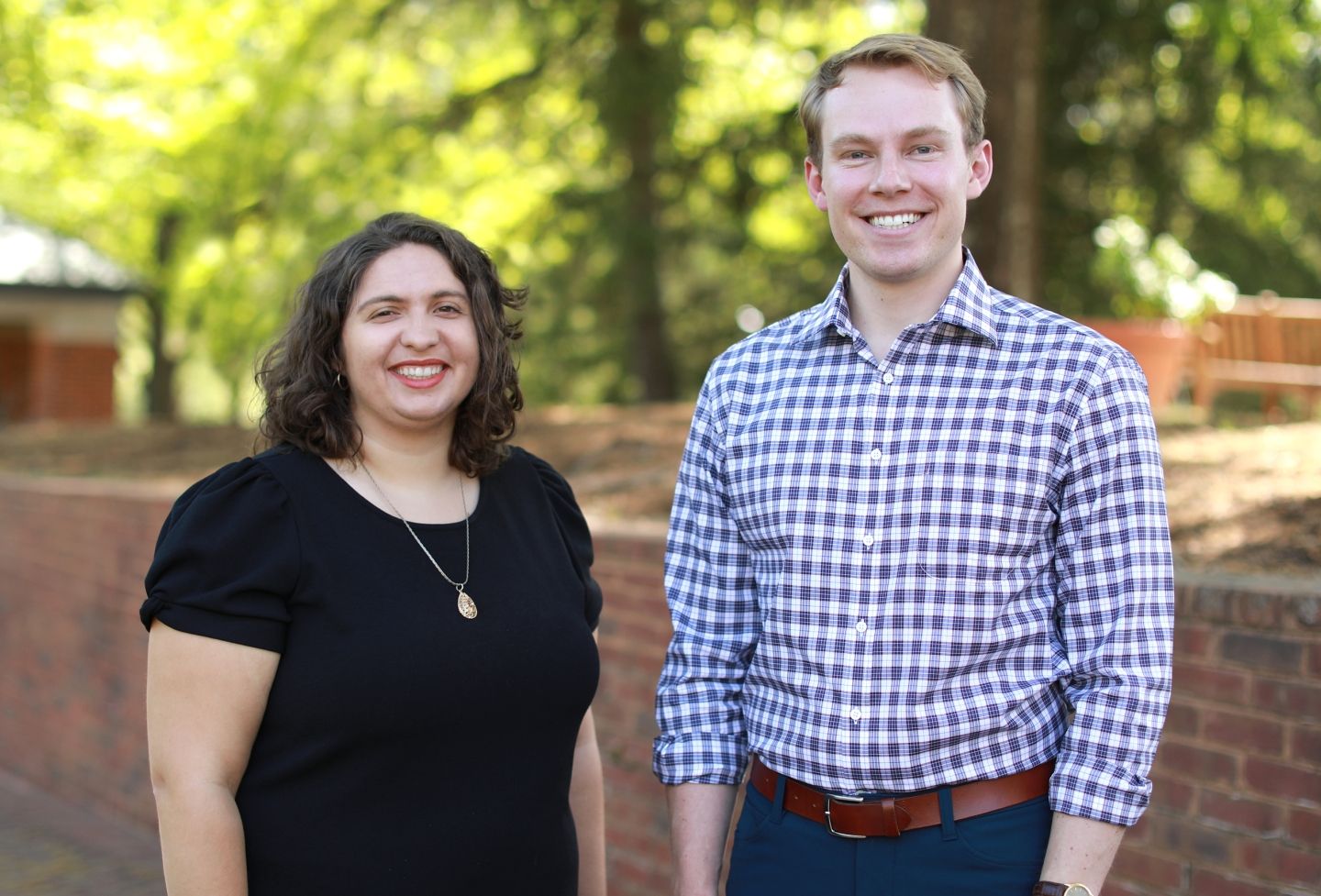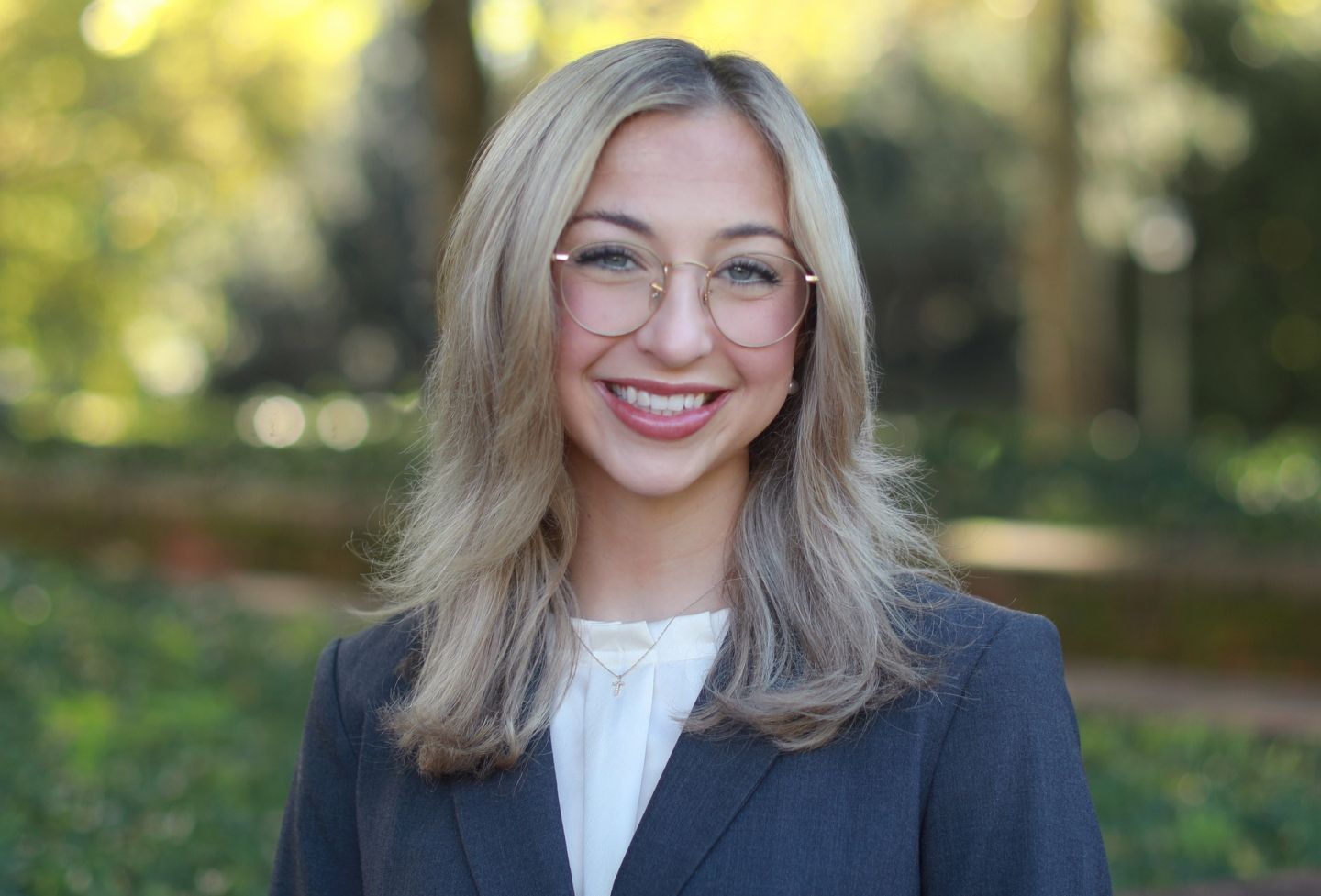Linda G. Howard ’73, the first woman and first Black student to serve as president of the student council at the University of Virginia School of Law, died Friday after a battle with breast cancer. She was 74.
Most recently, Howard served as general counsel and vice president of legal affairs for Landmark Worldwide, a company that helped create the concept of life coaching to improve one’s personal and professional life. Her earlier career focused on academia and government service, from Congress to the White House to New York City’s law department.
“Linda Howard’s trailblazing life was marked by her major contributions to every institution of which she was a part. She was deeply committed to bringing people together and promoting inclusivity and understanding across differences,” Dean Risa Goluboff said. “She lived the values of a UVA lawyer, and we’re grateful she could deliver our commencement address in 2019 to share her experience and wisdom with our students.”
Delivered by a Black doctor in a segregated hospital outside Richmond, Virginia, Howard grew up in Ettrick, a town centered around the historically Black Virginia State College (now Virginia State University). Her father was chairman of the college’s biology department and her mother was a math professor. The college chapel, she recalled, hosted cultural events that included the Joffrey Ballet and Duke Ellington.

“I had an educational experience that was unusual for young Black kids of the time because we had a state-of-the-art education available to us,” Howard said in a 2018 UVA Lawyer interview with Jianne McDonald ’19, who was then president of the Black Law Students Association. “And surrounding us, of course, was a white community. My upbringing was very much in a Black-only environment.”
As a kindergartner, she recalled, she asked her mom what the word “integration” meant — a buzzword she had overheard as the Civil Rights Movement picked up steam around her.
Howard first felt drawn to law when, as a 9-year-old, she realized how much she enjoyed resolving playground disputes.
“Whether it was over somebody cheating or the rules or a leftover argument from lunch time, whatever it was, I often played the role of the broker, the dispute resolver,” Howard told McDonald. “Somehow, I associated that with being a lawyer.”
At 13, her life became integrated when she moved to Massachusetts to attend a boarding school she described as being “devoted to the principles of international brotherhood and world peace.” There she met students from Africa, Hong Kong, Europe and South America, and helped establish an affiliate school in Europe during her junior year.
In 1966, she enrolled at Reed College in Portland, Oregon, and majored in math.
“Life was in our faces” in those “tumultuous” years, she said in her remarks to Reed’s graduating class of 1997. The assassinations of Martin Luther King Jr. and Sen. Robert F. Kennedy ’51 and the Watts riots in Los Angeles all occurred before she started her junior year.
“Young women were burning their bras, young men were burning their draft cards,” she said. “I escaped to the math department, where x equaled y, or it did not, or you had a long conversation about it. The simplicity of math, in the context of the turbulence, appealed to me.”
But those years also taught her how to “engage with people whose beliefs and experiences are different from my own, and I gained a profound respect for the other fellow’s point of view,” she said in the Reed remarks.
When she returned to Virginia to attend law school in 1970, the number of female students was growing, the school had the most Black students that had ever enrolled, and several veterans joined the class after returning from the Vietnam War. At the same time, Howard said in the interview, the school lacked Black professors and social events seemed to divide along class lines. She ran for student council president to help unite the community.
She worked with administrators and law enforcement to allow alcohol in Clark Hall — not for the purpose of drinking, but for the broad-based social engagement it would promote.
“On March 17, 1972, we had a St. Patrick’s Day party in Mural Hall to which all the students and all the faculty were invited, and we served green beer,” Howard said in her 2018 UVA Lawyer interview. “For me it was really bringing together the law students and the faculty in a social commonality such that everyone had a sense of belonging.”

Ironically, Howard chose not to join BLSA during law school because she felt it was too heavily dominated by men. “When all the men were elected, they looked around for a woman to be their secretary and one of the girls started to raise her hand,” Howard said in a 2003 interview with an undergraduate researcher about the history of desegregation at the University. “And I held [her hand] down. They could do it themselves.”
Due to her illness, Howard missed her 50th UVA Law reunion this year — only the second such reunion she ever missed — but she sent written remarks that were read aloud by Tim Corcoran ’73 and Art McFarland ’73.
She admitted in her remarks to struggling at times in her first year and once peeking over the shoulder of John C. Jeffries ’73, a classmate who would go on to serve as dean of the Law School. She expected to see a model of how to take effective notes, she wrote. Instead, she saw the doodles of a brilliant but apparently bored mind: Jeffries, a history major, had neatly written a chronological column of dates for “great events in English history.”
“I loved that moment,” Howard wrote. “It taught me that what I am looking for isn’t always where I am looking.”
After graduating, Howard worked in Washington as a staff attorney for the U.S. Department of Transportation, a legislative assistant for former Sen. Lloyd Bentsen and acting director of a White House task force on women under Jimmy Carter. She later taught evidence, legislation and sex-based discrimination as a tenured professor at Ohio State’s law school before moving to New York City to serve as counsel to Donna Shalala, who was president of Hunter College at the time. Howard has also worked as an attorney for New York City, and as a solo practitioner and a civil rights lecturer on speaking tours to New Zealand, India and Japan.
At Hunter College during the 1980s, Howard worked with Shalala to create an affirmative action program that “dramatically increased” the number of professors of color, and she drafted the school’s first sexual harassment policy, according to her 2019 UVA Law graduation remarks.
In 2007, while at her solo practice, Howard wrote “The Sexual Harassment Handbook” — years before the #MeToo movement.
“[M]ost of the books of the time that I’d seen, or the conversation, was really calling men the enemy. And in my view, it required the whole of the workforce — men were required — to solve this issue of sexual harassment,” Howard said. “So I set out to write that book, to cause a conversation, to create a common ground on which a conversation could be had. I wanted to provide a new context.”
By the time Howard returned to the Law School to address the Class of 2019, she had joined Landmark Worldwide, both as a lawyer and as a seminar leader.
“My invitation to you is to stand for something that is important to you, something bigger than yourself and bigger than your own comfort and your own personal success and gratification,” Howard said in her address. “Standing for something being possible is very powerful. Standing for something being possible is different from being wedded to a point of view. It includes speaking up for something, acting in the direction of something and inviting others to participate in causing something.”
Founded in 1819, the University of Virginia School of Law is the second-oldest continuously operating law school in the nation. Consistently ranked among the top law schools, Virginia is a world-renowned training ground for distinguished lawyers and public servants, instilling in them a commitment to leadership, integrity and community service.


